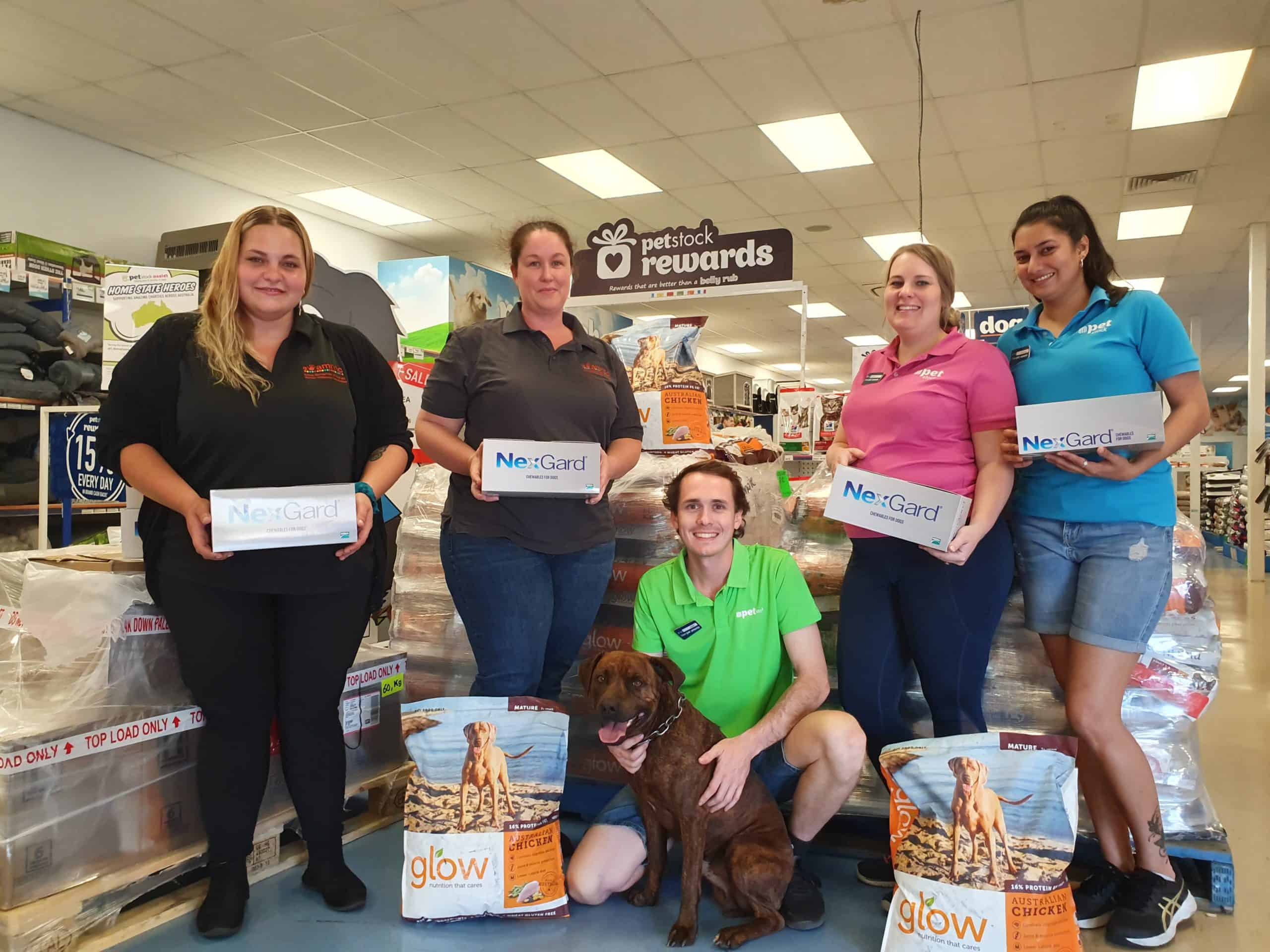
Companion animals in remote communities across Australia have experienced a challenging year so far. Due to restrictions around the COVID-19 pandemic, roughly 27,500 dogs have had reduced access to veterinary services and parasite protection – some have had absences of vet services for more than 12 months. Further to this, a rare and life-threatening tick-borne disease affecting dogs, Ehrlichiosis, was discovered in the Kimberley in May, and has since been detected in other regions in WA, as well as throughout the NT.
Together with its partners and with communities, AMRRIC, or Animal Management in Rural and Remote Indigenous Communities, has been working hard to improve health outcomes for these animals. Following the resumption of remote travel, teams of veterinary service providers have been on the road non-stop delivering veterinary services and parasite protection. A key focus for AMRRIC’s vet team has been working to collect samples to allow the NT Department of Primary Industries to test animals for Ehrlichiosis, which has now been discovered in remote communities and urban centres throughout the NT.
To address this growing issue, AMRRIC has secured a large quantity of parasite medication through generous support from Boehringer Ingelheim, the manufacturers of NexGard. AMRRIC’s investment of $20,000, together with generous discounts from Boehringer Ingelheim, will result in almost 3000 dogs receiving NexGard – a highly effective anti-parasite treatment targeting ticks, fleas and mange.
AMRRIC has also had additional support from PETstock Assist in coordinating stock delivery and providing a $10,500 donation of food and enrichment products for companion animals in remote communities. PETstock Assist Charity and Events Coordinator, Jessica Guilfoyle, says supporting members of the community hardest hit by COVID-19 has been a key focus for the charity; “Throughout the pandemic our charity has been working closely with community groups such as AMRRIC to determine where the greatest need is, and how we can provide support.” she says. ‘Ehrlichiosis is only magnifying the need for this support to remote communities.
AMRRIC CEO Dr. Brooke Rankmore says: “AMRRIC works with our partners to provide support for companion animals in remote communities- when animals are healthy, people and communities are healthy. Ehrlichiosis poses a massive threat to the health of not only dogs but the whole community. By providing anti-parasitic medications to at-risk communities, the threat posed by ticks infected with the Erhlichiosis bacteria is lessened. The valuable contribution and support provided by Boehringer Ingelheim and PETstock Assist will go a long way in supporting communities with this emerging issues.
Starting in September, AMRRIC will begin distributing NexGard, with the help of residents, to communities in need. This medication will treat dogs who may not have had access to vet services since 2019. AMRRIC Program Manager-Strategic Delivery Dr Bonny Cumming says: “In the absence of vet programs due to the wet season and the pandemic, it can be hard for owners in remote communities to access effective animal health products. Administering regular tick prevention like NexGard aids in protecting dogs from Ehrlichiosis, and is a great way to support their general health.”
With Ehrlichia canis potentially making its way into more and more communities, the work that AMRRIC is doing in collecting data and distributing anti-parasitic medication is increasingly important. AMRRIC has always had a focus on meeting critical needs in community in a collaborative and consultative way; in the past, this had meant delivering emergency support following a cyclone or natural emergency, but in this case, the emergency is a potentially zoonotic disease new to Australia.